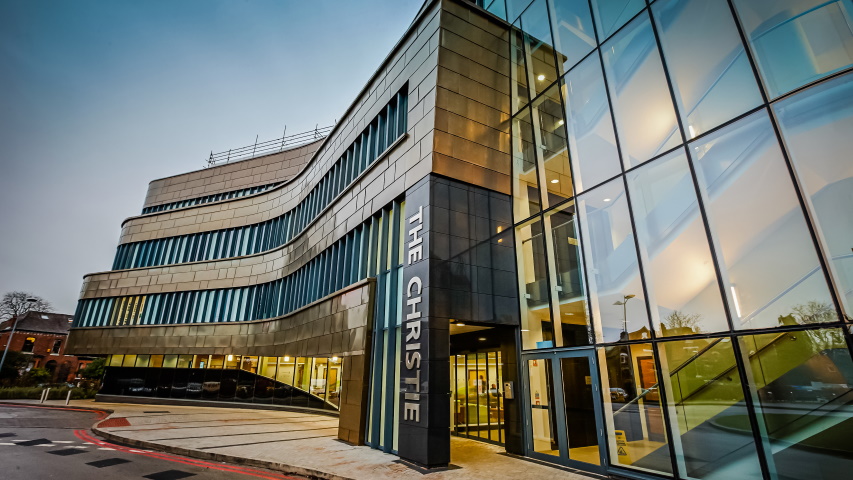Christie Hospital scheme aims to improve patient access to cancer trials

The Christie NHS Foundation Trust has joined forces with a patient recruitment specialist to try to solve the perennial problem of bringing clinical trial sponsors together with suitable subjects.
The trust – which manages The Christie Hospital, one of the largest cancer treatment centres of its type in Europe – is partnering with UK-based recruitment firm Innovative Trials on the initiative.
Recruitment of patients into trials is such a common problem that it has been described as ‘Lasagna’s Law’ (after eminent US physician and clinical investigator Louis Lasagna), which states that clinical trials almost always overstate the number of patients who are eligible for a trial.
It has been estimated that around a third of all clinical trials fail to hit their enrolment targets in time, jeopardising their chances of success regardless of how promising the new treatment is or how robust the study’s design.
To try to tackle the issue, The Christie and Innovative Trials are launching a scheme to raise awareness of clinical research and increase trial participation among cancer patients who live in or around Oldham, Wigan, Wythenshawe, Preston, Macclesfield and Stoke-on-Trent.
It will focus in particular on people from black, Asian and minority ethnic communities, who are often under-represented in clinical trials.
If successful, it could “tackle the issue of patient diversity within clinical trials and help speed up research so that effective treatments come to market faster,” according to the partners.
The multi-pronged approach includes a campaign to reach out to local communities, GPs and other healthcare workers to seek out and engage with patients, helped by the creation of “culturally appropriate materials” to explain how to take part in studies.
In the meantime, The Christie will set up a network of cancer centres both in the local region and around the UK in partnership with other NHS trusts so patients can participate in trials close to home, without having to travel to its main site in Manchester.
Studies have shown that access to local treatment is an important factor in patient recruitment, along with other factors such as access to acknowledged experts in the field, learning more about their disease, and knowing their cancer will be closely monitored during the study.
Professor Andrew Wardley, an oncologist at The Christie and project lead for the initiative, said it could help thousands of cancer patients access new drugs and combination therapies that could increase their chance of survival.
“It’s important that we’re able to offer our patients the best treatment and care, and a big part of this is access to clinical trials and the new treatments being developed,” said Wardley.
“However, one of the challenges we face is making sure patients and their clinicians know what opportunities are available – fewer than 50% of cancer patients recall having clinical trials discussed with them following their diagnosis,” he added.
The first ever Patient Power Cancer Clinical Trials survey reported a month ago also suggested that patients were often discouraged from trial participation when the subject was discussed, even though more than three quarters were “very likely” or “possibly likely” to take part if offered.












